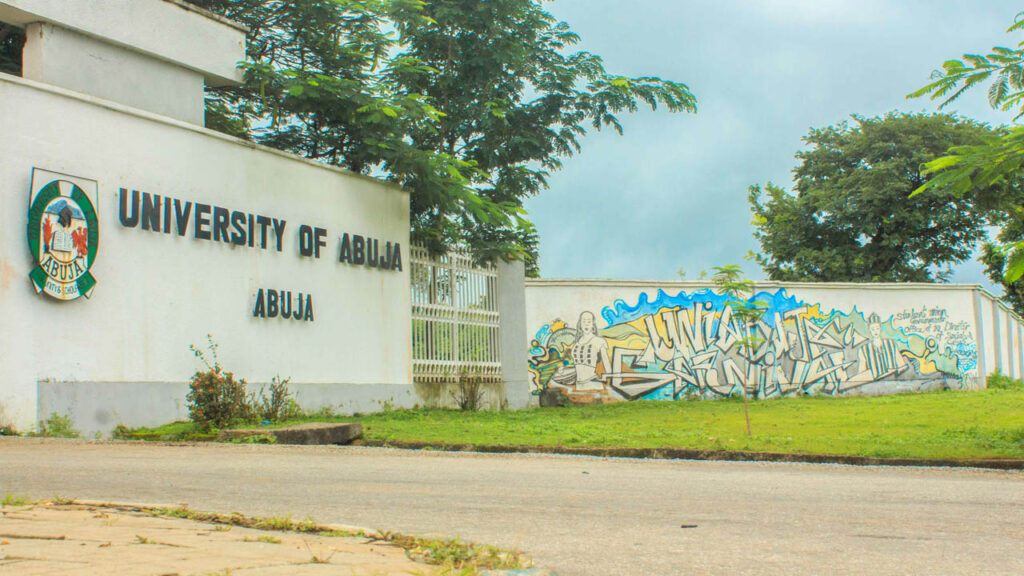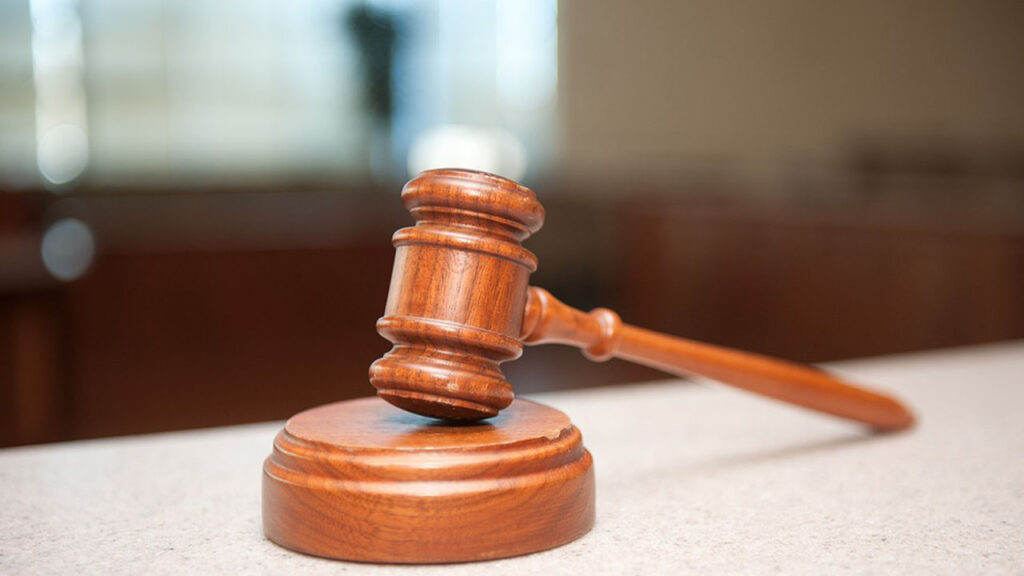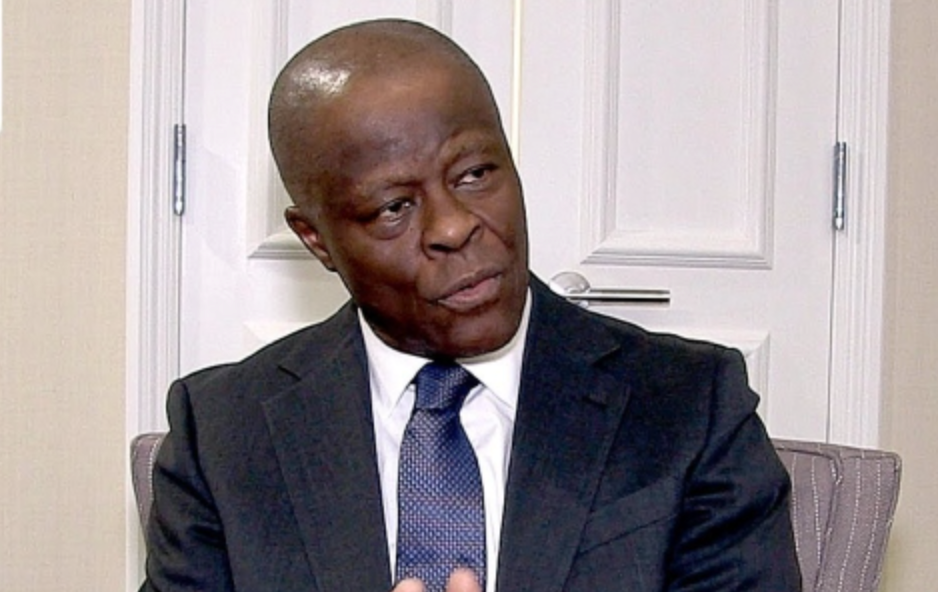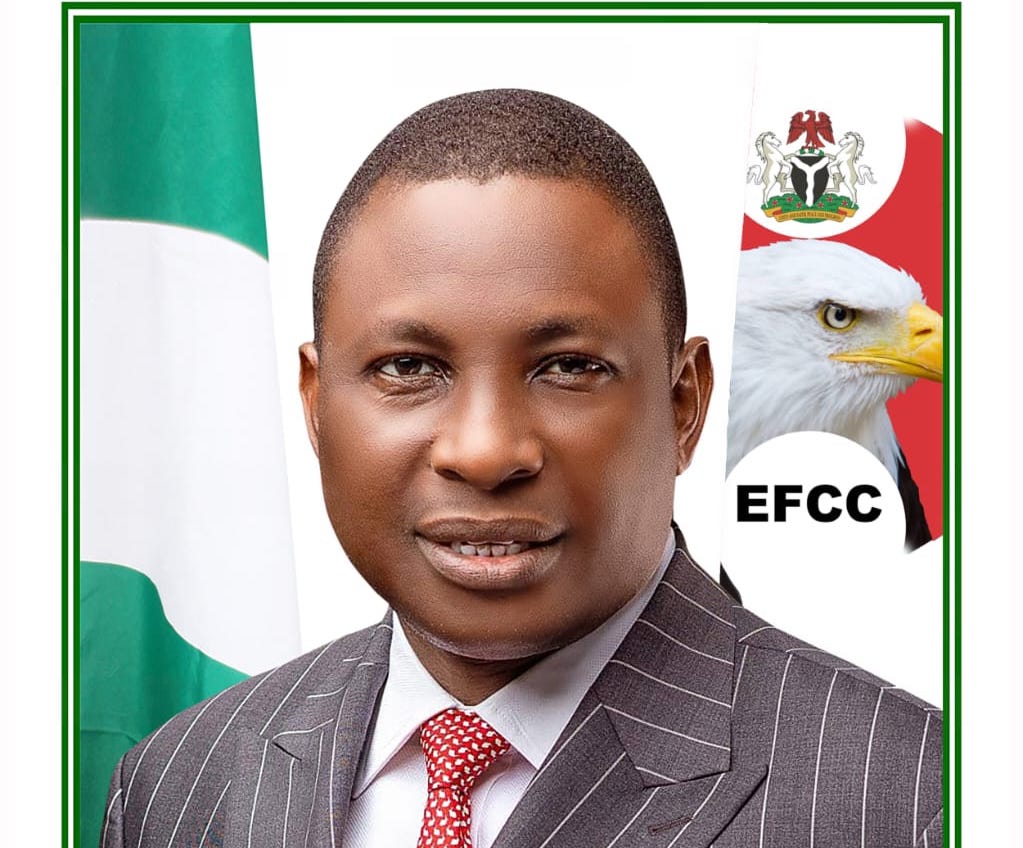
Although a ceasefire has largely held between Ukrainian forces and pro-Russian rebels since the start of September, a lasting political solution is still a long way off.
Under the Minsk II agreement signed in February, eastern Ukraine is supposed to hold local elections by the end of the year and hand back control of the Russian border to the government in Kiev.
Those issues will top the agenda in Paris on Friday, along with ensuring access for international observers to rebel zones, and the removal of heavy weapons from the frontline.
There was good news on Wednesday when Ukraine announced an initial agreement with the insurgents to withdraw smaller weapons from the buffer zone between their forces.
But Russia’s dramatic moves over the past month to intervene directly in the Syrian conflict has added a new and uncertain dimension to the negotiations.
By making himself an important player in Syria, Russian President Vladimir Putin may be hoping to leverage a better deal on Ukraine — particularly an easing of damaging economic sanctions that were imposed after Russia annexed the Crimean peninsula last year.
“The Russians will use Syria to distract attention from Ukraine. More pressure must be exercised against them,” a senior Ukrainian official said.
With European officials desperate for anything that could slow the numbers of refugees out of Syria, some are tempted by a rapprochement with Russia.
“We can’t keep long-running sanctions (against Russia) on the one hand, and ask to work together on the other,” said German Vice-Chancellor Sigmar Gabriel this week.
That is not the official line out of Berlin. German Chancellor Angela Merkel’s office said this week that the Syrian and Ukrainian cases could not be linked.
Many believe Russia ensured there was less fighting in eastern Ukraine as Putin prepared the ground for his moves in Syria and renewed talks over Ukraine.
“The ceasefire has been largely respected since September 1. That shows the influence Russia has over the separatists,” said Steffen Seibert, Merkel’s spokesman.
Despite Russian denials, Ukraine and the West accuse Moscow of covertly supporting the rebels with troops, weapons and technology, fomenting a conflict that has left more than 8,000 dead since it began in April 2014.
“Putin wants zero percent of the territory but he wants to maintain this unstable zone to show that Ukraine’s efforts to move towards Europe are not going to work,” said a European diplomat, speaking on condition of anonymity.
– Political progress –
French President Francois Hollande said in early September that he was open to lifting sanctions on Russia if eastern Ukraine gets the elections and greater self-rule promised under the Minsk accords.
Pro-Russian rebels have said they will hold local elections on October 18 in Donetsk, and November 1 in Lugansk. A possible second round is planned for February.
But there are plenty of issues still to resolve.
“Nothing has been established on the political front,” said the European diplomat.
“How will observers, the Ukrainian election commission, be able to enter the rebel zone for elections?” the diplomat added.
The European Union is due to evaluate progress on the Minsk accords at the end of the year before deciding whether to maintain sanctions on Russia.
The Ukrainian government is particularly sceptical about Russian intentions, and worries about any signs of a warming relationship between Russia and the West which could ease pressure on Moscow.
It also has to face down protests by right-wing nationalists on its own side, who fiercely oppose greater autonomy for the east. A recent protest in Kiev left four dead.
President Petro Poroshenko this week mocked Putin’s claims to be setting up an international coalition against the Islamic State group.
“That’s a nice story, but it’s hard to believe,” said Poroshenko at the United Nations this week.
“How can you call for an anti-terrorist coalition when you are encouraging terrorisim on your doorstep?”











